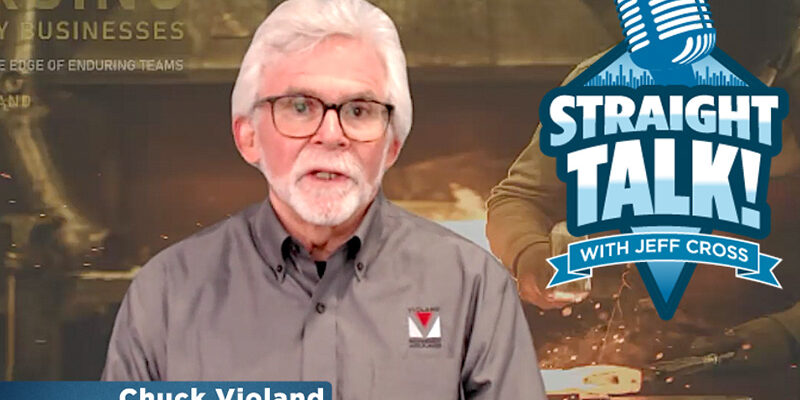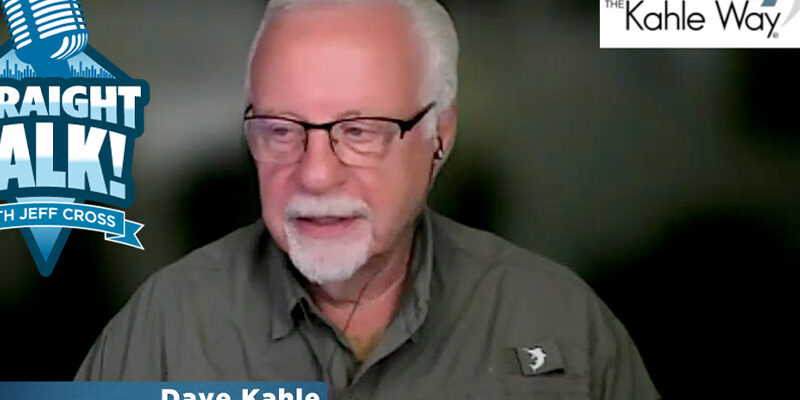Writing Your Bio? It’s NOT All About You!

You’ve probably found as your career and business have progressed that, on occasion, you’ve been asked to write and submit your own personal bio. It might have been for your company’s website. It might have been in regards to a talk that you were asked to give or an appearance you were scheduled to make. It might have been for a magazine article of which you were featured as an expert.
Whatever the reason, you also might have come to realize that writing about yourself can be incredibly difficult. It’s challenging to be forced to look at yourself and all your achievements. And while that can be very satisfying, writing all that up for the world to see can also feel downright conceited—as if you are blowing your own horn, something that you might have been taught growing up is very impolite.
When you approach this necessary evil, what might help you is this important point of view: Your bio really isn’t about you.
“What?” you might be thinking. “Of course, it is! If my bio is not about me, who’s bio am I writing?”
Well, yes, your bio does involve you. But it needs to be more about your clients.
Don’t do what everyone else is doing wrong.
As a professional writer and marketer, I’ve spent years helping others write their professional bios. But before I started doing that on a regular basis, I took the time to research what others were doing. As part of that research, I decided to search on the internet to see what other writers suggested as questions to ask their interviewees in order to craft the bios.
Wow. If you need to write your own bio—don’t rely on those questions I found in cyberspace. They will absolutely steer you in the wrong direction. They will plop you into a sea of what everyone else is doing—and in my humble opinion, doing wrong. And you’ll sink along with the rest of them.
The mistake many business owners make regarding their message about themselves and their business is that they focus much more on what and who they are rather than on the needs of their potential clients.
When you write your bio, you can’t afford to make this mistake. It’s not all about you. In fact, the best bios are barely about the person of whom they are written. Instead, it needs to be all about your clients-to-be: their needs, their wants, the solutions to their problems—and how you are going to make it all happen for them.
Do you really think that your customers care that you went to so-and-so college and that you have three kids?
OR… Do you think they care about how you are going to make all their problems go away?
You know the answer. And your bio has to be written with that answer in mind.
Benefits over features
You might have already heard that, in marketing, it’s best to pitch benefits over features. Features are great—and I think it’s good to at least mention them. But your audience needs to have the dots connected between your features and your benefits—that is, what your features will ultimately do for them. They want to know outcomes. They want to know results. They want solutions. And they want to feel a certain way about you, your company, and what your products and services have to offer.
The same principle needs to be applied when writing your bio. Your clients want to know what you can do for them.
So rather than just giving your audience features—such as your skillset and your years of experience—GIVE THEM BENEFITS. Explain to them how they will feel when they work with you. Tell them why they’d want to use you. Help them understand what their pain is and how you’ll make it all better. Offer them solutions. Make it all about them.
Your clients don’t care about you. They do want you to care about them.
Doing this means avoiding answers to questions like these when you write your bio:
- Are you married?
- Do you have kids?
- What church do you go to?
- What do you do in your spare time?
- If you were a tree, what tree would you be?
Let’s face it—your potential customers really don’t care about any of that. In fact, it’s actually a backwards premise. You want to create a rapport with them, not the other way around. Instead of answering these questions in your bio, you should be asking your customers and clients these questions, to get to know them and show your customers that you care about them. That’s what helps customers relate to you. That’s what helps them build their trust in you.
So, instead, ask yourself these questions and put your answers in your bio:
- What problems do I solve for my clients?
- How can I better explain to my potential clients that they are suffering—and that I hold the cure?
- How do I help and serve my clients? How will I solve those problems?
- What is it about me and my business that will make me better than others at delivering on that solution?
- How will they feel when they receive that solution?
- How do I make my clients feel? How do I treat them?
- How do I achieve those feelings?
- How can I build more trust and rapport?
Connect these answers to the things that made up your career and life—your experiences, your expertise, your passions. Then and only then will you have a bio that not only says who you are, but also attracts clients to you.
I once wrote a bio for a real estate agent, and she gave me the best testimonial any client could ever give a marketing copywriter. She told me that the bio I wrote for her was so good, it was the deciding factor for one of her clients. That buyer made it a point to tell her to commend the person who wrote her bio—because it was that bio that moved the buyer to hire her as her real estate agent.
And it proves my point. In that bio, I didn’t discuss this agent’s hobbies, or her memberships in any special organizations, or her pet peeves. I did talk about how she treated her clients with kindness and compassion, as she helped guide them every step of the way through their real estate transaction.
So, when you write your bio (or even if someone else writes it for you), make sure it’s not all about you—because your business is all about your clients, and that’s what your clients need to hear.












